Coronavirus: Sport chiefs flailing in the dark amid nightmare scenarios
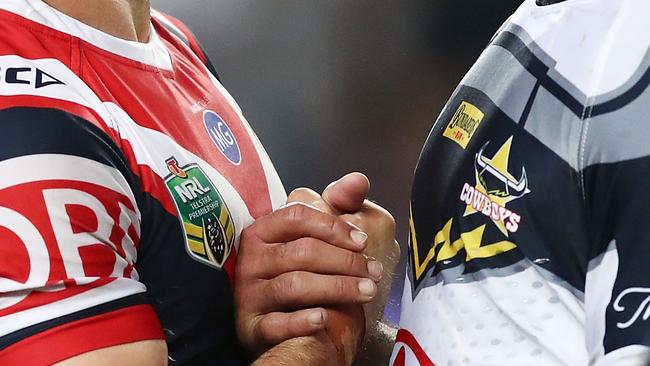
That’s what we can expect when the NRL season kicks off on Thursday night with a clash between Parramatta and Canterbury.
And when the final whistle blows, the players won’t be able to shake hands. That, apparently, poses a coronavirus threat.
NRL boss Todd Greenberg sent a document to all clubs on Thursday morning detailing measures they should introduce to combat the virus, which has world sport in a spin.
Pre- and post-match handshakes are banned – the NRL suggests using a backslap to acknowledge teammates and opponents.
It’s almost as if they have forgotten that this is a contact sport. At every minute of every NRL game there is contact between players that would encourage the spread of the virus. Banning handshakes at the end of the game is shutting the stable door after the horse has bolted.
It’s ridiculous. But it is simply an indication that no one in Australian sport really knows what to do in this crisis.
We are flailing around in the dark of a situation we have never been in before.
The NBA has been suspended, all Italian sport is off, and elsewhere in Europe they’re playing to empty stadiums. The Matildas qualified for the Tokyo Olympics on Wednesday night in front of a crowd of no one in Vietnam. There are suggestions that the Olympics could be delayed one or two years and rumours that all WTA and ATP tournaments will be cancelled for six weeks.
In Australia, we’re still thinking about it. Cricket Australia is yet to make a decision on the ODI series against New Zealand starting on Friday night, but medical staff are consulting infectious disease experts and monitoring the situation.
The NRL and the AFL have set up task forces, issued bizarre instructions on player behaviour and delayed making the big calls that will almost certainly be required.
It’s easy to understand. The consequences of cancelling or postponing games or playing in empty stadiums are hard to get your head around – but undoubtedly significant.
Clubs and codes will take major financial hits. There will be major impacts for broadcasters, stadium operators, sponsors, fans and individual athletes.
Clearly tough decisions have to be made. But it’s probably time to make the big calls, rather than ban footy players from shaking hands.

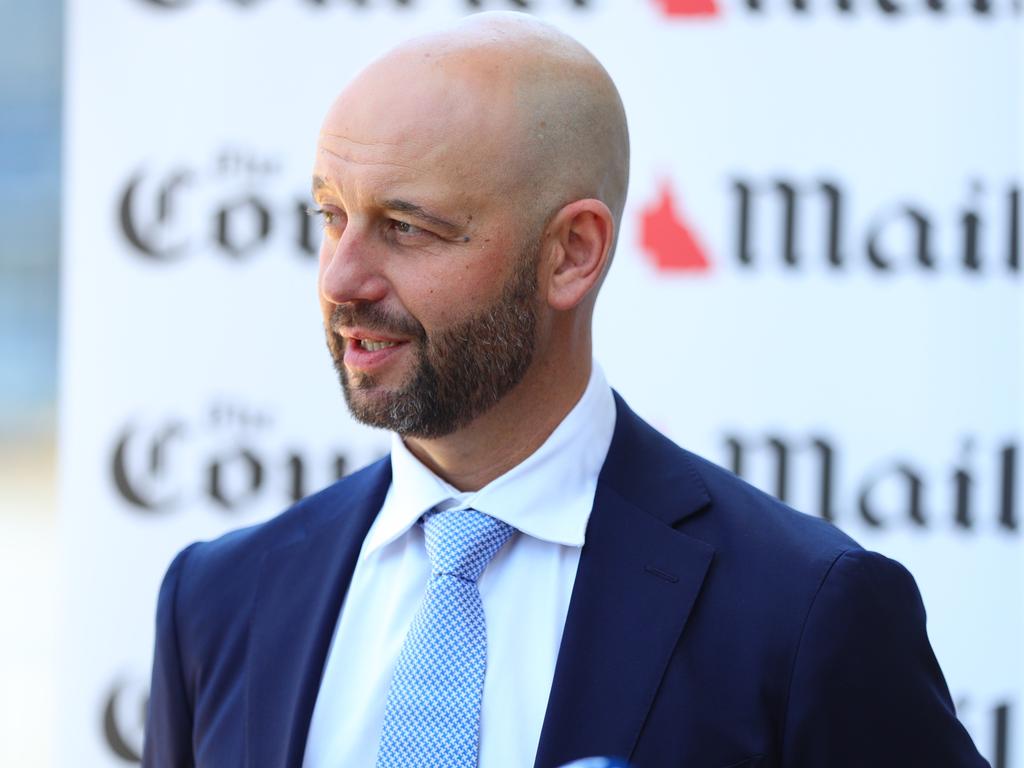
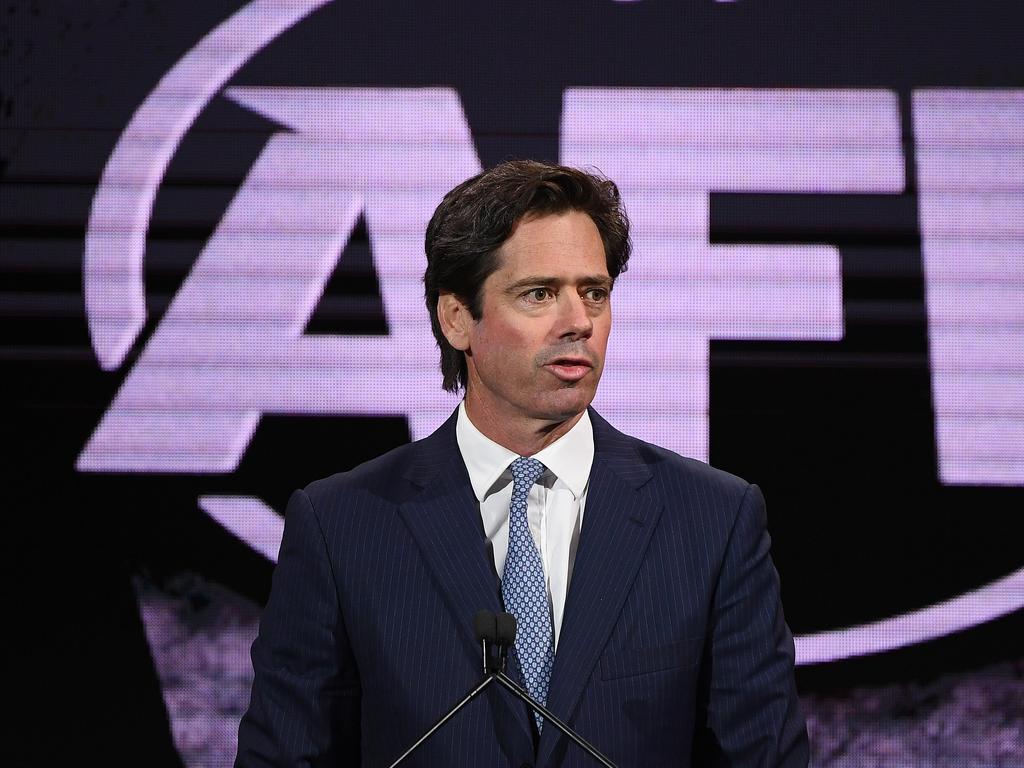
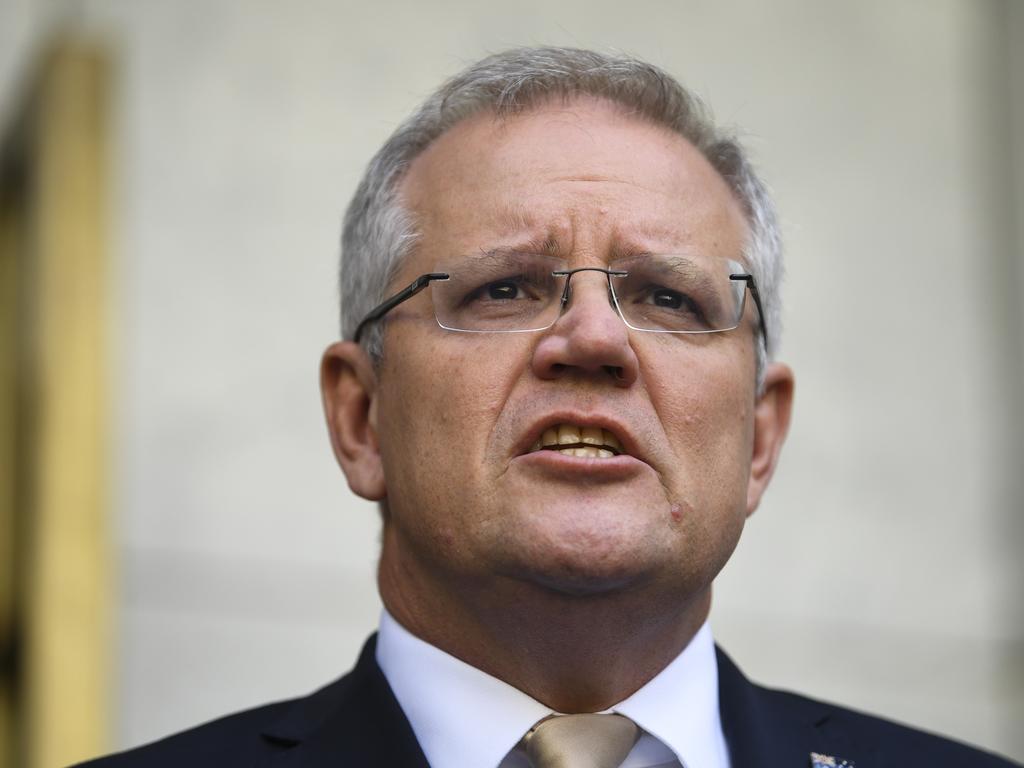

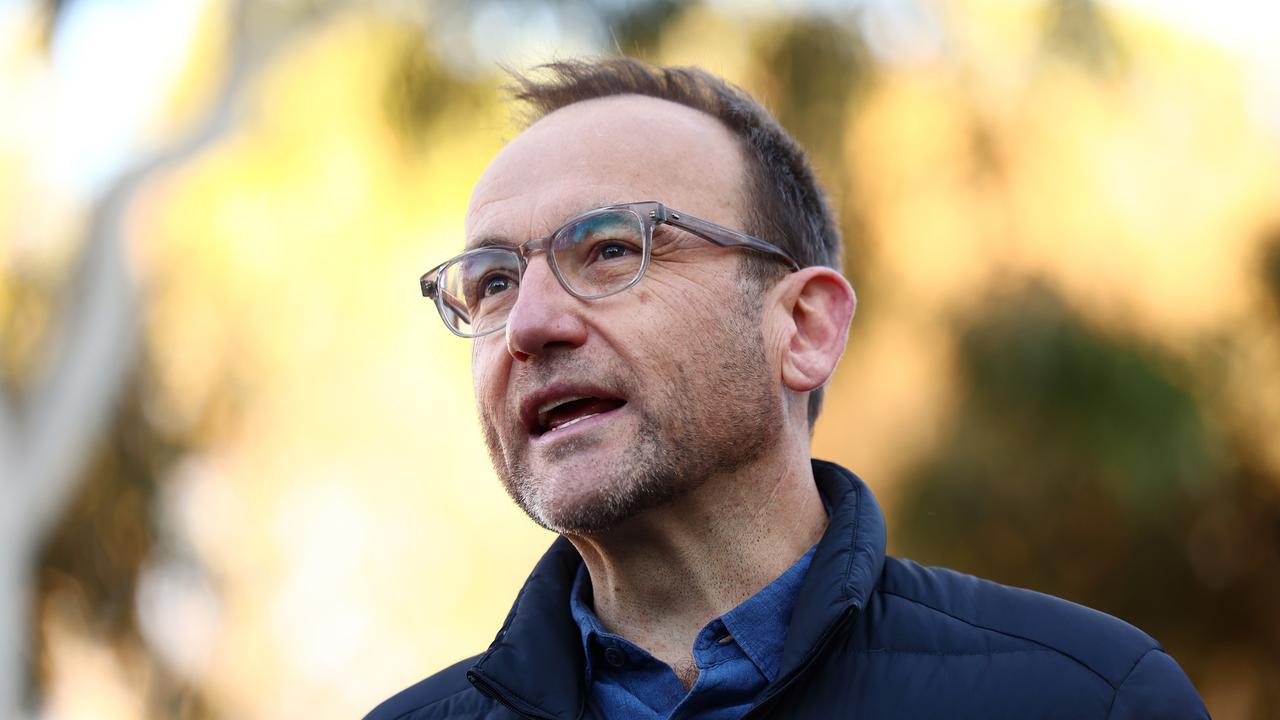
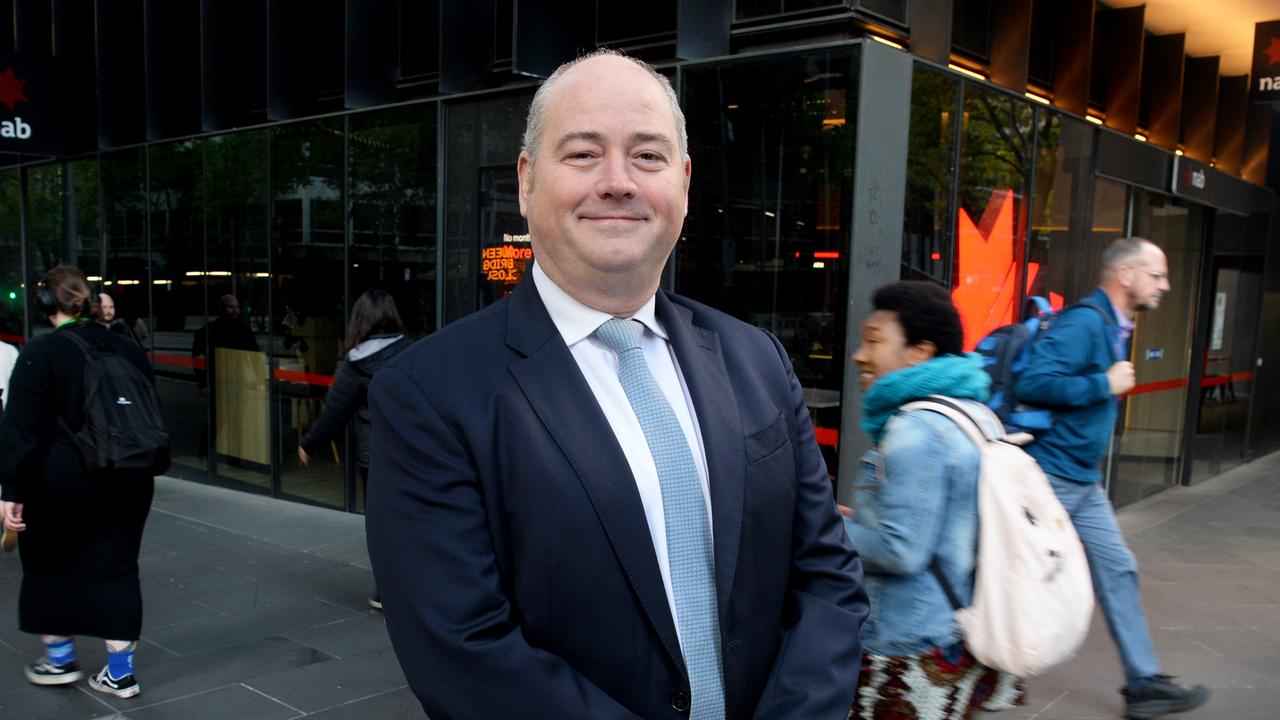
Eighty minutes of sweaty rugby league players running into each other, spitting and bleeding all over opponents and teammates, hands and faces mashed together, heads pushed into scrums, bone-crunching three-man tackles.